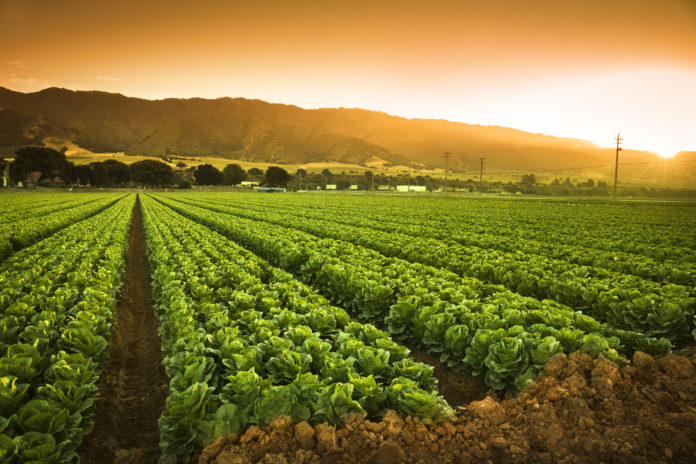The government of Tanzania has announced plans to step efforts to tackle climate change in the agriculture sector.
Deputy Permanent Secretary in the Ministry of Agriculture, Prof Siza Tumbo made the announcement and said the government is working with diverse stakeholders to ensure adequate quantity of affordable, nutritious food stored for the masses as the first mitigative measure against climate change. the nation is promoting irrigation farming to reduce reliance on rain-fed agriculture.
His comments come in the wake of the 26th United Nations (UN) Climate Change Conference of the Parties (COP26), in Glasgow, Scotland, in the UK, where it emerged that the climate change crisis, if not tackled urgently, would lead to food crisis across the globe. The conference started on1st November and ends on 12 November 2021.
Global powers
At the onset of the COP26, President Samia Suluhu Hassan declared Tanzania’s commitment to implement measures to mitigate adverse climate change and challenged global powers to do their part in climate change financing.
At the summit, the Alliance for a Green Revolution in Africa (Agra) President Dr Agnes Kalibata put up a strong case for smallholder farmers in Africa, including Tanzania. She said the development of sustainable food systems calls for solving the question of climate change for smallholder farmers.
Supporting the call to solve the climate change crisis, Prof Tumbo noted that after long-term research, Tanzania had identified some key issues that need to be addressed urgently. They include improving the farming system, greater adoption of mechanization, improving food storage and more outstanding provision of reliable weather forecast information for smallholder farmers.
To meet national goals of combating climate change, most smallholder farmers would have to transform into modern farming by adopting best practices, including interpreting weather data for planning planting and post-harvest management, Prof Tumbo noted.
While the government has always been committed to protecting water sources, higher uptake of irrigation farming was encouraged with water collected during rainfall, he said.
“We have a problem, and it is not lack of rainfall. The problem is that rainfall has become unpredictable,” Prof Tumbo noted. “We are calling on AGRA and other stakeholders to support irrigation agriculture as mitigation against climate change to ensure continued food security.”
Agra Tanzania Country Manager Mr Vianey Rweyendela, commenting about COP26, noted that sustainable food systems needed concerted efforts to address climate change at all levels. Mr Rweyendela said Agra and its partners support Tanzania’s government climate change mitigations in its project implementations.









